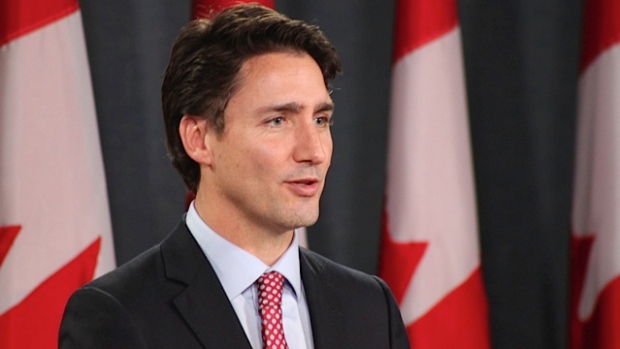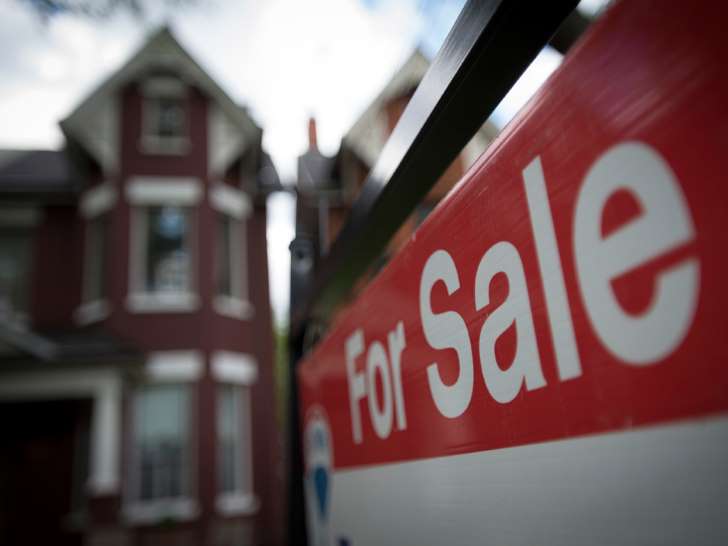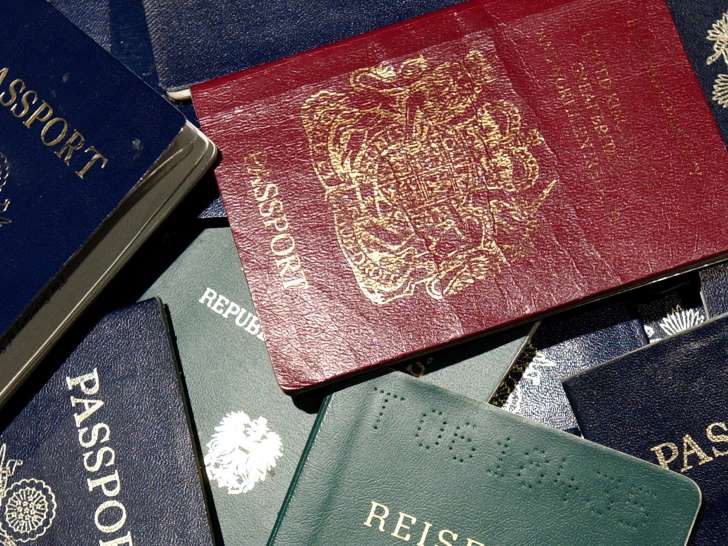
Last week, Canada announced plans to fly in 900 Syrian refugees a day starting in December as a message to Islamic State extremists that the country will not turn its back on those in need of help.
“This crisis is not just about a humanitarian project,” Canadian Defence Minister Harjit Sajjan said of the refugee resettlement last week. “This also sends a great message to ISIS that you might create this environment for us, but we will not let you take advantage of this. By doing our part for this, we are actually hitting ISIS in a different way as well.”
While Prime Minister Justin Trudeau came to power promising to bring in 25,000 refugees by the end of the year, his government has been facing increasing pressure over the security question since last week’s terror attacks in Paris.
While promising a robust screening process to ensure no one accepted to Canada presents any threat — building on the UN’s own long-term documentation measures — the government has said little about what its current procedures are in refugee camps in Lebanon, Jordan or Turkey. Public Safety Minister Ralph Goodale, while assuring Canadians that the government is up to the task of balancing security with swift humanitarian action, has said some security checks may be completed after the refugees’ arrival in Canada.
Despite a surge of compassion for refugees after the famous photo of dead 3-year-old Alan Kurdi appeared in the media — and an ongoing flood of offers to sponsor and host Syrians coming to Canada — a Forum poll last week found 51 per cent of Canadians polled now oppose Trudeau’s fast-paced plan.
Of the 25,000 the government says it will bring into Canada by Jan. 1, some 10,000 are expected to land in Ontario, mostly in the GTA, where there is already a Syrian community and the settlement infrastructure to help them adjust quickly. The government is looking for temporary housing for thousands and Public Works is establishing a list of facilities, such as hotels and abandoned hospitals, which could provide initial accommodations.
It expects newly arrived refugees to be “mobile” in about a month’s time, gradually dispersing throughout the country
But many will initially be put up at military bases, with CFB Trenton, in eastern Ontario, preparing to take 10,000. CFB Valcartier, near Quebec City, is another potential initial accommodation site. CBC reported that the government will avoid calling such temporary housing “camps,” a term that could connote large-scale housing in tents.
The refugees, many of whom have already spent months or years in such rough shelter, will not be living in tents in Canada.


 South Asian News E-Paper
South Asian News E-Paper Punjabi News E-Paper
Punjabi News E-Paper

















